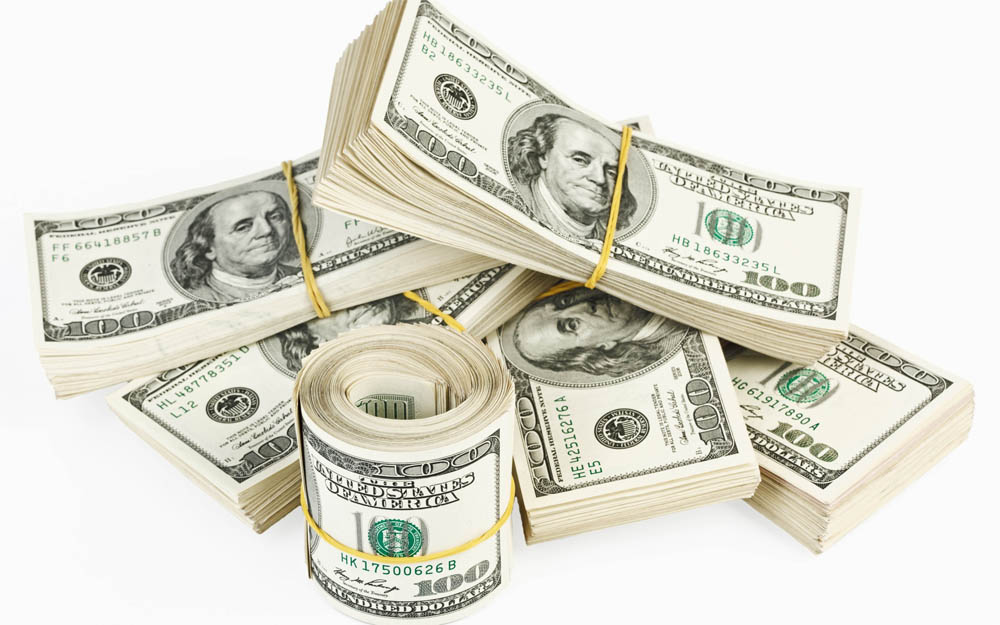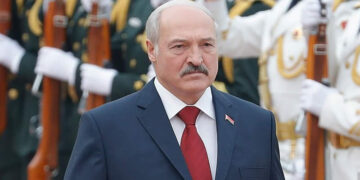The dollar rallied from session lows on Monday to trade higher, as investors took advantage of the pullback to buy back the U.S. currency given that its positive fundamentals remained intact.
[contentblock id=1 img=adsense.png]
Investors sold the dollar for about 1-1/2 days following a weaker-than-expected U.S. jobs report last Friday. But overall the jobs number still reinforced the view that the U.S. labor market has been recovering at a steady pace. “The dollar dynamics are currently at play here,” said Joe Manimbo, senior market analyst at Western Union Business Solutions in Washington. “Everybody knows that the dollar is the only game in town.” The fundamental picture remains in favor of further gains for the dollar, with Japan again easing monetary policy and a grim euro zone economic picture making a strong case for similar action from the European Central Bank.
[contentblock id=2 img=gcb.png]
In other trading, the Swiss franc touched a two-year high versus the euro, on the verge of reaching the Swiss central bank’s 1.20 franc ceiling that would trigger intervention. Higher-yielding currencies generally viewed as risky assets such as the Australian and New Zealand dollars, and emerging market units such as the Turkish lira and South Africa rand started the day on a stronger note, but reversed their gains as the dollar rally gained momentum. In late trading in New York, the dollar was up 0.2 percent against a basket of currencies at 87.811. Against the yen, the dollar was up 0.3 percent at 114.88 yen. The dollar has gained more than 9 percent versus the yen this year. The euro, meanwhile, fell 0.2 percent against the dollar to $1.2421.
[contentblock id=3 img=adsense.png]
Preliminary euro zone economic growth figures for the third quarter on Friday will offer more evidence on the scale of the currency bloc’s problems delivering the growth needed to rescue it from years of debt-fueled deflation. In late trading, the euro was flat against the Swiss franc at 1.2026 francs . The Swiss National Bank has successfully kept a lid on the franc’s gains for more than three years and says it has not had to intervene to reinforce it for more than two years. The bank does not flag its interventions until after the fact. –REUTERS













